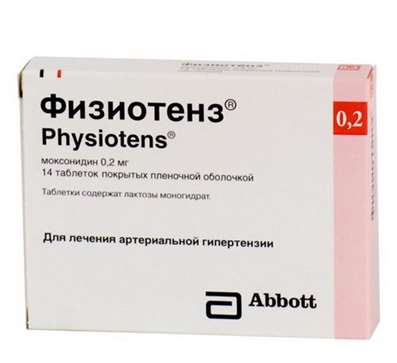Treatment of alcoholism
17 Jan 2019
Unfortunately, in most cases, the treatment of patients with alcoholism is aimed at eliminating only certain manifestations of this formidable disease (withdrawal of alcohol intoxication, drinking-bout, withdrawal syndrome, etc.). Not everyone has enough strength and desire to undergo long-term psychotherapy, and close people often do not have enough patience to help him. And after all, success depends mainly on family and friends' support.

The whole program of treatment of a patient with alcoholism includes 3 stages:
- The first (initial) stage is the treatment of acute and subacute painful conditions that have arisen in direct connection with intoxication with alcohol and its metabolic products. This includes interrupting binge drinking and eliminating abstinence disorders. To remove alcohol intoxication, first of all, it is necessary to prevent further absorption of alcohol from the stomach, for which you should give 2-3 tablespoons of activated carbon inside, and then rinse the stomach with the intake of several glasses of water, followed by vomiting; At the same time, measures are taken to prevent possible collapse (inside 5-10 drops of ammonia in a glass of water, 2-3 pills of Phenylpiracetam, 3-4 pills of Mildronate or some pills of Phenazepam). The most severe conditions of acute alcohol intoxication, bordering on comatose, require the provision of therapy in specialized hospitals.
- The second stage of treatment is the formation of remission. After elimination of post-toxicity and withdrawal symptoms, it is time to diagnose and treat much more diverse and individual mental and physical disorders outside the AAS framework, and to create more immediate prerequisites for the development of remission of the disease. It should be especially emphasized the crucial role of somatic disorders in the renewal of pathological craving for alcohol and the occurrence of relapses of alcoholism. Therefore, carefully selected and unconventional therapy of these disorders is a condition for ultimate success.
- The third stage of treatment is remission stabilization, maintenance therapy. In the center of therapeutic activities in the third stage is psychotherapy aimed at the rehabilitation and resocialization of the patient, the formation and consolidation of skills of a sober life - self-confidence and his ability to solve life problems without "helping" alcohol or willingness to seek timely support from his doctor.
Beneficial influences of the environment - family, employment, useful work, accommodations at work and at home - are an important condition for stabilizing remission. But, unfortunately, this is not always the case, therefore, the physician has to deal with the peculiar mental "fragility" of the patients, manifested by emotional, neurotic and psychopathic disorders. The latter in turn are closely related to the exacerbation of the pathological attraction to alcohol. Therefore, regular contact with the patient and a comprehensive correction of mental abnormalities are necessary.
Of the psychotherapeutic techniques, the most widely accepted method today is based on the concept of emotional-stressful psychotherapy. Hypnotic effects are also preceded by psychotherapeutic conversations, the therapeutic effect of which is fixed in hypnosis. In a state of hypnosis, a conditioned-reflex nausea-vomiting reaction to the taste and smell of alcohol is developed.
There are methods of verbal aversive therapy, which consists in the fact that the imaginary consumption of alcohol by means of verbal suggestion is accompanied by an emetic reaction.
Until now, attempts are continuing to use autologous training in alcohol therapy. Its goal is to normalize vegetative disorders and relieve emotional stress. Autogenic training can contribute to fixing an aversive reaction, therefore it is used as an important component of therapy as an active method of self-regulation, self-correction and self-education.
To eliminate feelings of fear, tension and self-doubt, which are usually experienced by people suffering from alcoholism, in a state of abstinence (including long enough), methods of behavioral therapy are used.
Most of the mentioned methods of therapy for patients with alcoholism are used in groups, which contributes to increasing the effectiveness of their therapeutic effects.

 Cart
Cart





